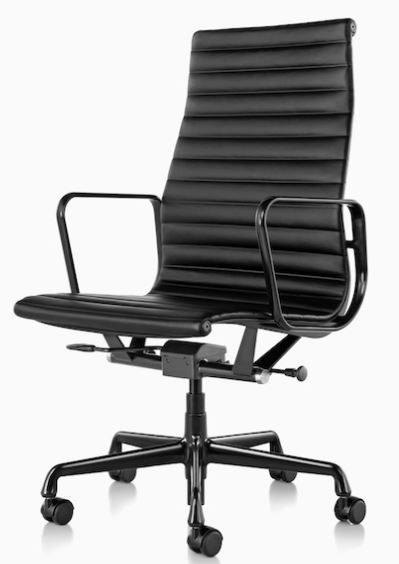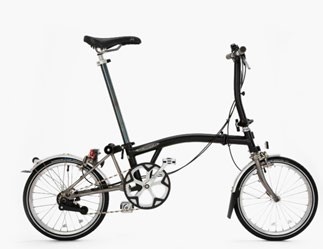A Fair Use Tale, or All’s Well That Ends: the U.S. Supreme Court Holds Google’s Use of Java Code to Be a Fair Use under U.S. Copyright Law
By: Mark H. Wittow, Paul J. Bruene, Trevor M. Gates
On 5 April 2021, the U.S. Supreme Court resolved a major copyright dispute that had wound through the federal courts for over a decade. In a 6-2 decision written by Justice Breyer, the Supreme Court held that Google’s copying of roughly 11,500 lines of declaring Java code for Google’s mobile Android platform was a fair use as a matter of law and thus not copyright infringement. The decision addresses the application of copyright law to software and updates and extends the Supreme Court’s copyright fair use jurisprudence. Read our recent client alert here.


